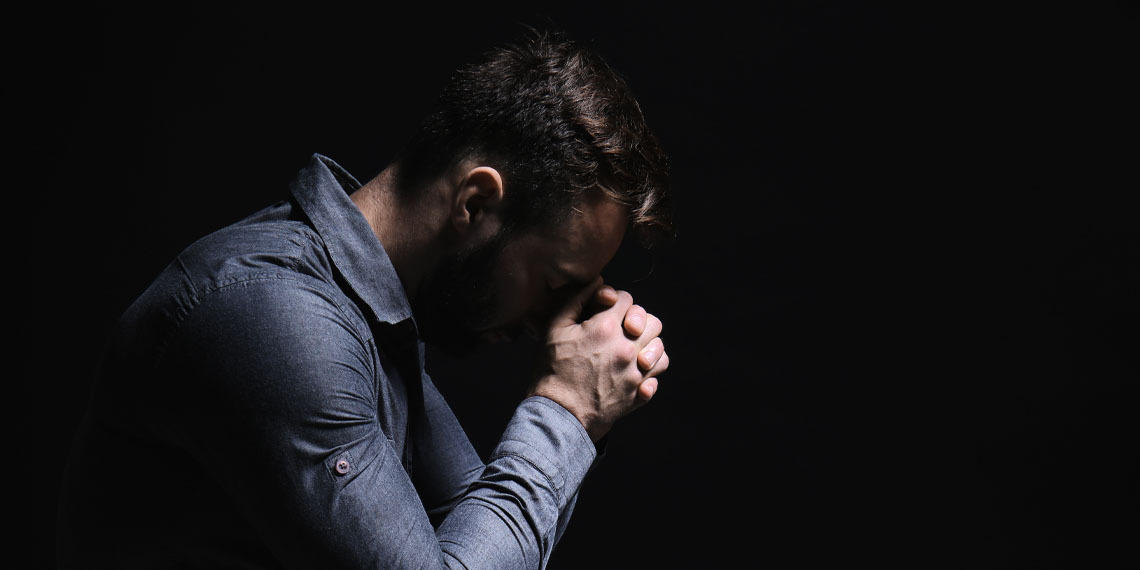Almost as if anyone smart enough to realize they’re being fed a load of bullshit leaves
True or not the study is addressing whether religiosity affects cognitive decline-- slowing it, increasing it, or neither. They found the latter was true.
There was a small but consistent negative association between cognitive abilities and religiosity. Individuals who engaged more frequently in religious activities, such as praying, tended to have lower scores in cognitive tasks assessing numeracy, verbal fluency, and memory. This cross-sectional correlation persisted even after controlling for other factors like age and sex.
In their longitudinal analysis of the data, which tracked changes in cognitive abilities over time, the researchers found that the negative association between cognitive abilities and religiosity remained stable. This suggests that religiosity does not affect the cognitive decline of individuals.
I wonder if that’s due to the subject being given an excuse not to think for themselves
Bottom line
…the researchers found that the negative association between cognitive abilities and religiosity remained stable. This suggests that religiosity does not affect the cognitive decline of individuals.
“Our main finding is that religiosity does not protect against cognitive declines,” Dürlinger told PsyPost.
After reading the article, I really can’t be bothered to read the study. Here’s some favorite parts:
there was a growing hypothesis that religiosity might act as a protective factor against cognitive decline, especially in the elderly. This notion stemmed from observations that religious involvement could offer social engagement and mental stimulation, potentially buffering against the cognitive impairments commonly associated with aging.
Okay, reasonable and compatible with other studies I’ve read about the importance of socialization, friends, and a support network. However, THAT’S A FACTOR YOU SHOULD CONTROL FOR. You can do a study on religion and socializing, or you can do a study on socializing and cognitive decline. You have at least one too many factors here.
I thought the author might disentangle it in the paper (I didn’t catch it in the article, but I bailed out early). But then the author comes up with this beauty:
Religiosity (although there have been negative impacts on humanity and human lives undoubtedly) seems to have a lot of (secular) merit too – otherwise it wouldn’t exist.
Whaaaaaaaaaat? Does Ebola exist because it has some merit to it? Or does it exist because it has merit TO EBOLA? That cancer growth you have going isn’t there to help you out. It’s fucking you over and it doesn’t care if you die. I can’t begin to express just how wrong this is.
Here’s just a couple of alternative explanations.
- Religiosity is an unintended consequence of the evolved human capabilities for pattern matching, social learning, and hyperactive agency detection. The human brain is susceptible to this kind of meme (original sense) in the same way a human cell is susceptible to a virus, and like viruses religions will evolve in competition with each other and their environment.
- Religions are omnipresent because they are useful, just not necessarily to those that believe in them. They are sure useful to the leaders and priests, though. This usefulness to the powerful creates a social structure that privileges the religious, giving positive selection on religiosity as a result.
Note: They’re not competing explanations. They’re compatible.
Then she laments that there’s no good work on it and most of it happens in America and she’s looking at more secular countries like Western Europe and … Israel. Now, a lot of Jews in Israel don’t consider themselves “religious,” but being a Jew in a Jewish community and especially in a Jewish country where being Jewish is pretty much the entire point. You get all of those benefits the researcher ascribed to religion - community, socialization, and so on. I’d count that as “religious.”
Honestly I didn’t get much further and wouldn’t bother with the paper just on the basis of this article with those quotes from her. And ten years to write it?! Did I read that right? I have no idea how this one got accepted.
My parents were sharp but faithful (mostly) to catholicism. Its basically about indoctrination but also life experience. The old there are no athiests in foxholes (even though there is). Wanting to live is a powerful drug and it takes years to come to terms with life being wysiwyg.
What does wysiwyg mean?
What You See Is What You Get
Ty!
its a computer term that was big in the late 90’s to early 2000’s but is till used. It generally refers to the UI and means: What you see is what you get.
It was originally used by Flip Wilson back in the 60’s. Then co-opted by the drag community before the IT folks latched on to it.
Feels like they’re purposefully gunning for an Ig Nobel with this one.
I think that joke would’ve worked better without the space in the wordplay.
I think they meant this:
Yup.
It’s not that I disagree or think the findings are bad. It’s that they’re so obvious that there’s no “there” there.
Like yeah, no shit.TIL 🤪🤣






